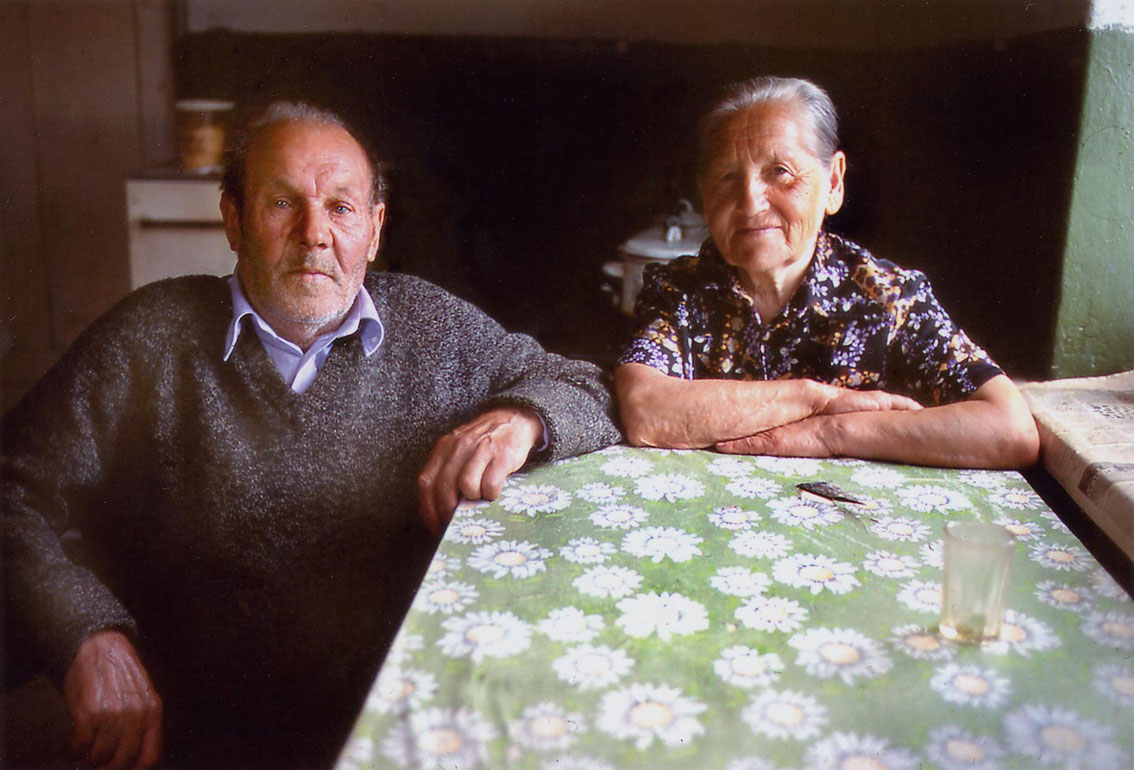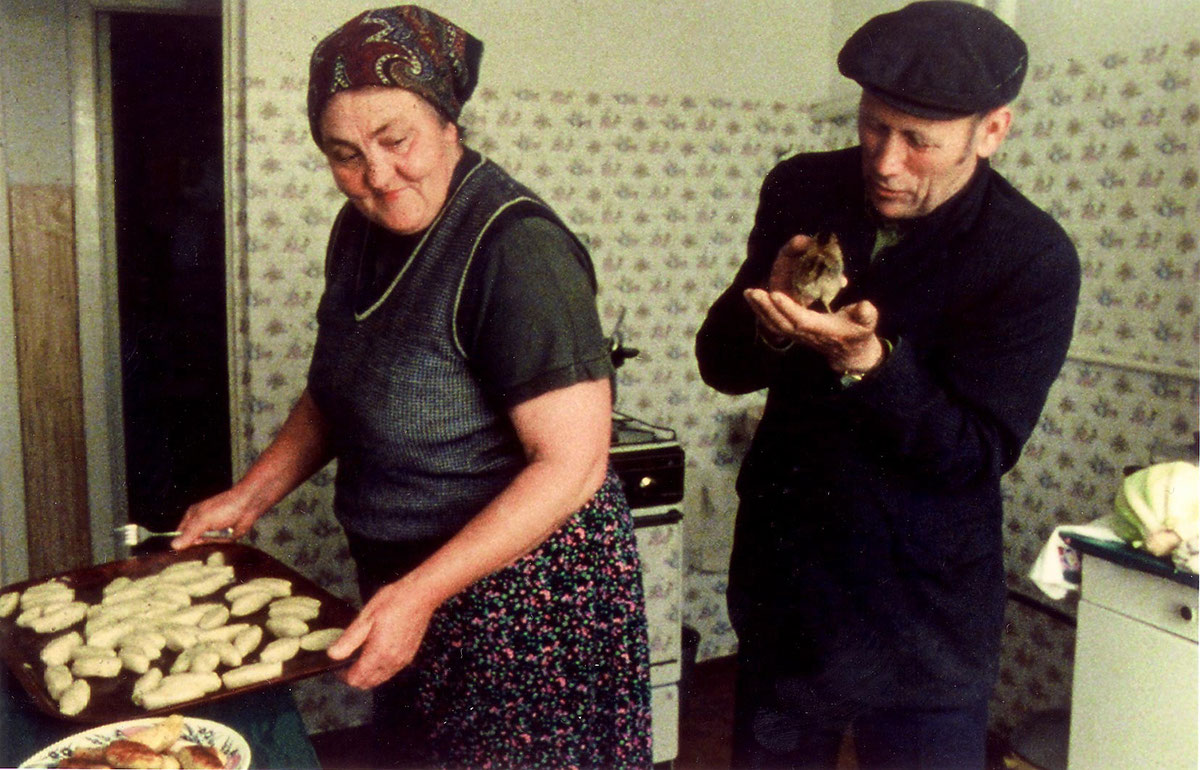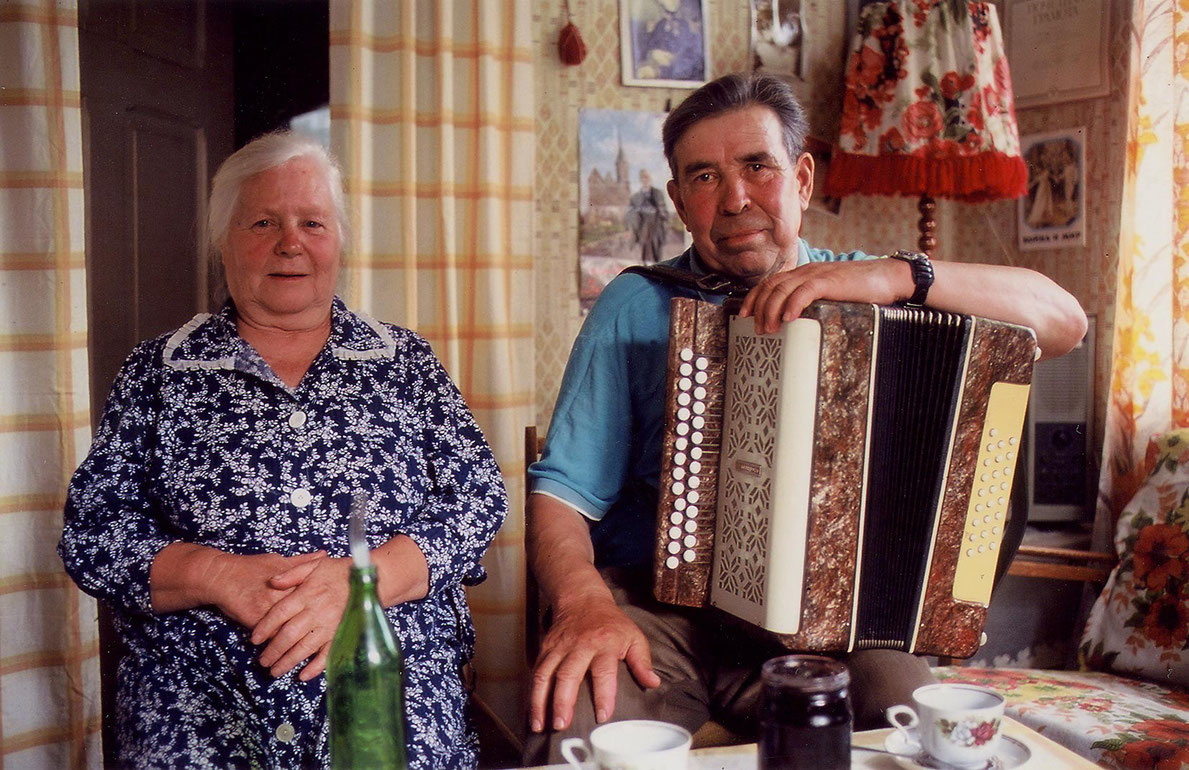That´s all
That´s all: This sentence is often heard in stories told by the villagers in Jesnaja Poljana, Russia. It usually concludes their observations and comments, and this lapidary turn of phrase does not indicate that they have nothing to say, but rather the opinion that what they can say about their lives is nothing out of the ordinary. Sweeping views of the village and the surrounding countryside punctuate the conversations; there is no commentary. The narratives gradually tell the history of the village, about the movements of people around the former Soviet Union and the government´s settlement policy of the past few decades.
(Isabella Reicher)
Nearby Kaliningrad is the small village of Jasnaja Poljana. Filmed from a distance, the villagers talk about their unspectacular everyday lives, about their origins and about their past. During the Second World War, reports an old man, the Soviets ordered him to fight: He was driven forward all the way to Berlin, after which he came back home, got married and had children. “That’s all,” he remarks laconically. That’s all consists almost entirely of fixed and fragmentary shots that makes visible precisely what they do not show. Covi and Frimmel have found a language of fragments precisely for the unsaid and the inexpressible.
(Visions du Réel)
Das ist alles
2001
Austria
98 min
Documentary
German, Russian
English



